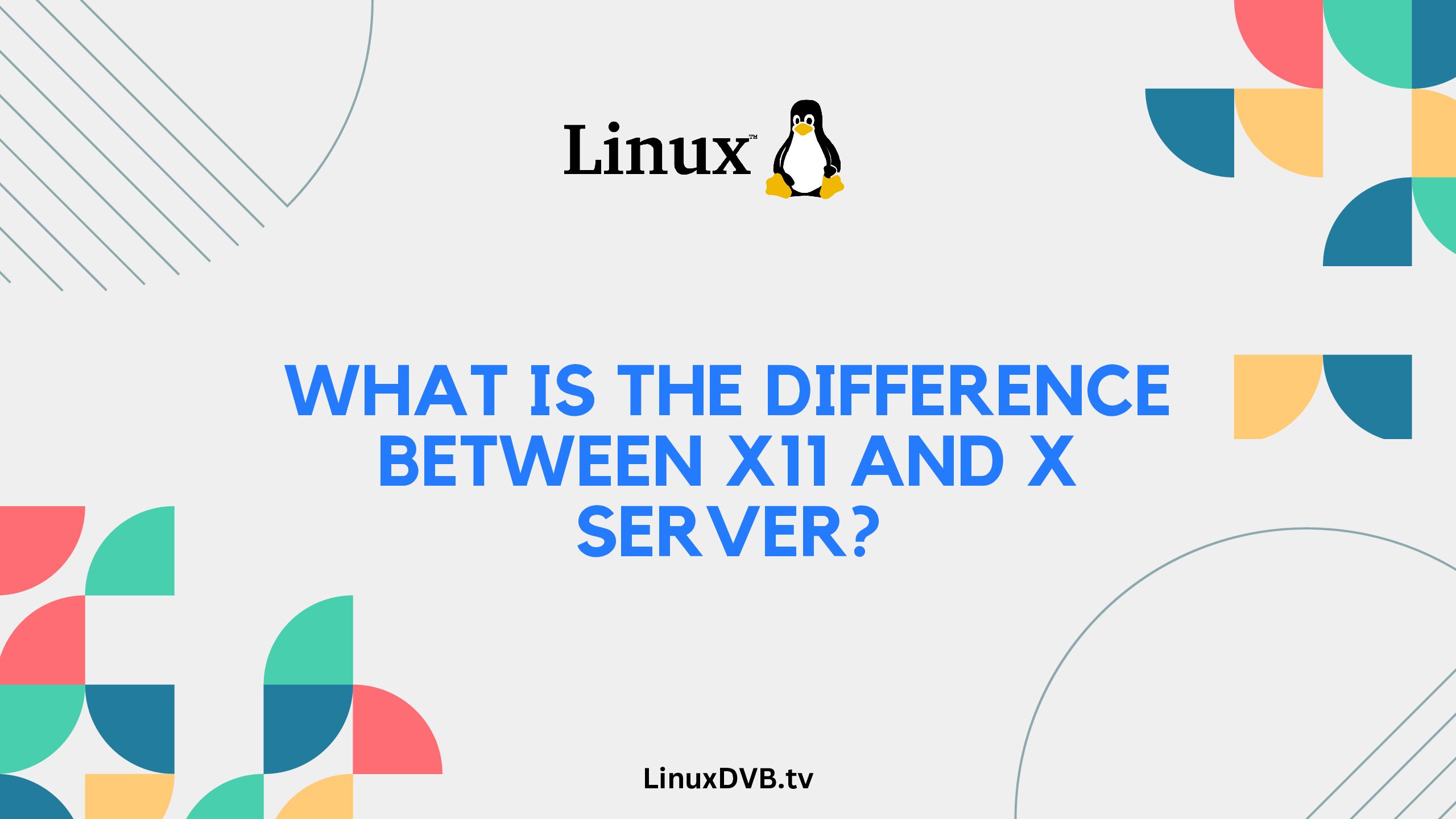Mastering the Art of Opening Ports in Linux Command Line
Opening ports in Linux command line is a fundamental skill that can significantly impact your system’s networking capabilities. Whether you’re a seasoned Linux user or a beginner, understanding how to open ports is crucial for facilitating communication between applications and devices. In this comprehensive guide, we will walk you through the process of opening ports … Read more










